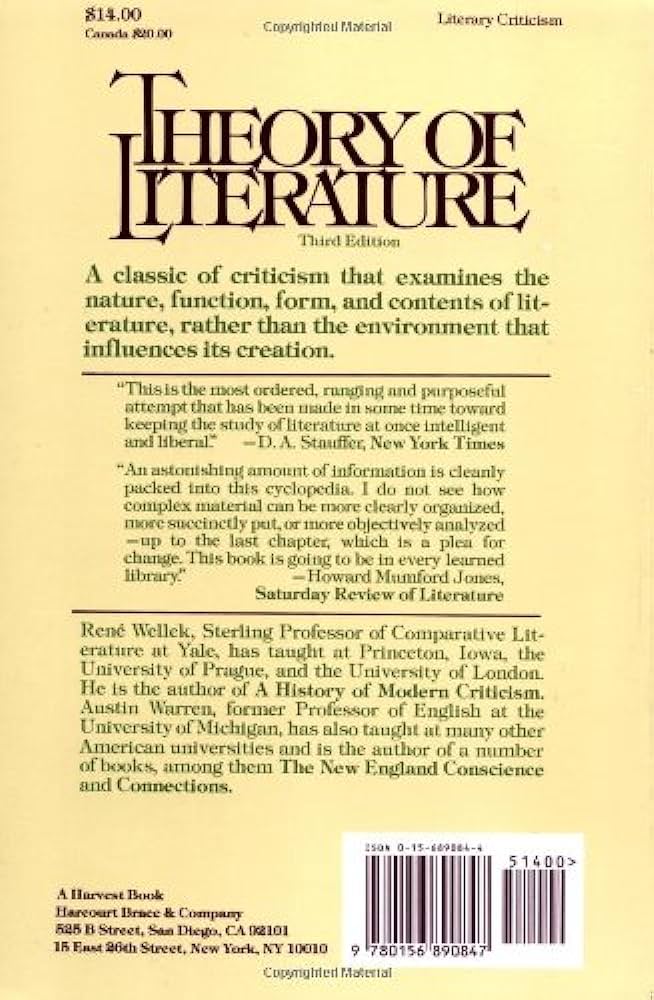Introduction
Classic literature has always been deeply intertwined with the natural world. From the picturesque landscapes described in romantic poetry to the symbolic use of nature in novels, authors have consistently turned to nature as a source of inspiration, reflection, and metaphor. This blog post explores the significant role that nature plays in classic literature, examining how it enhances storytelling, shapes characters, and conveys deeper meanings.
2. Nature as a Symbol of Freedom
In classic literature, nature often symbolizes freedom and escape from societal constraints. Characters seek solace and liberation in the natural world, finding respite from the pressures of society. For example, in Mark Twain’s “”Adventures of Huckleberry Finn,”” the Mississippi River represents freedom and the possibility of a new life away from the confines of civilization.
3. Nature as a Source of Inspiration

Classic literature is replete with examples of authors finding inspiration in the beauty and grandeur of nature. The Romantics, such as William Wordsworth and Samuel Taylor Coleridge, celebrated the sublime in nature, finding spiritual and artistic inspiration in its awe-inspiring landscapes. Their works, like “”Lines Composed a Few Miles above Tintern Abbey,”” capture the profound impact of nature on the human imagination.
4. Nature as a Reflection of Human Emotions
Nature often serves as a mirror for human emotions in classic literature. The changing seasons, stormy weather, and serene landscapes are used to convey characters’ inner turmoil, joy, or melancholy. In Emily Brontë’s “”Wuthering Heights,”” the wild and untamed moors reflect the passionate and tumultuous love affair between Catherine and Heathcliff.
5. Nature as a Moral Guide
Classic literature frequently employs nature as a moral guide, using its elements to convey ethical lessons and truths. In Nathaniel Hawthorne’s “”The Scarlet Letter,”” the forest serves as a sanctuary where characters confront their sins and find redemption. The natural world becomes a place of moral reckoning and self-discovery.
Summary
Nature serves as more than just a backdrop in classic literature; it becomes a character in its own right. Through vivid descriptions of landscapes, authors create a sense of place that immerses readers in the story. Nature often mirrors the emotions and experiences of the characters, acting as a reflection of their inner turmoil or providing solace in times of distress.
Furthermore, nature is frequently used as a metaphorical tool, allowing authors to convey complex ideas and themes. The changing seasons, for example, can symbolize the passage of time or the cyclical nature of life. The power and unpredictability of natural forces, such as storms or mountains, can represent the challenges and obstacles faced by the protagonists.
Classic literature also explores the relationship between humans and the natural world. Nature is often portrayed as a source of wisdom and guidance, with characters finding solace, inspiration, and spiritual enlightenment in its embrace. Conversely, the destruction or exploitation of nature can serve as a critique of human greed and arrogance.
In conclusion, nature plays a multifaceted role in classic literature, enriching the narrative, deepening the symbolism, and offering insights into the human condition. By examining the portrayal of nature in classic works, we gain a greater appreciation for the profound connection between literature find here and the natural world.
- Q: What is the role of nature in classic literature?
- A: Nature often serves as a powerful symbol in classic literature, representing various themes such as beauty, tranquility, and the human connection to the natural world.
- Q: How does nature contribute to the plot of classic literature?
- A: Nature can act as a catalyst for events in classic literature, influencing characters’ actions and shaping the overall storyline. It can create conflicts, provide settings for important scenes, or serve as a source of inspiration.
- Q: What emotions or moods does nature evoke in classic literature?
- A: Nature can evoke a range of emotions in classic literature, including awe, serenity, fear, and melancholy. It often reflects the inner states of characters or sets the tone for particular scenes.
- Q: How does nature impact the characterization in classic literature?
- A: Nature can be used to mirror or contrast the traits of characters in classic literature. For example, a character’s affinity for nature may symbolize their purity or innocence, while their disregard for it may indicate their moral corruption.
- Q: What are some examples of nature symbolism in classic literature?
- A: Examples of nature symbolism in classic literature include the use of storms to represent turmoil or chaos, flowers to symbolize beauty or fragility, and landscapes to reflect characters’ inner journeys.

Hello wanderers, adventurers, and lovers of the great outdoors! I’m Anthony Coughlan, the heart and soul behind TerraWonders. If you’ve found your way here, it’s probably because you, like me, have an undying passion for travel, a penchant for luxury camping, or an affinity for embracing nature without compromising on comfort.

